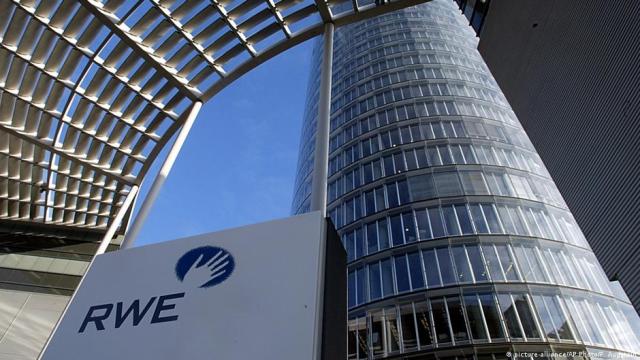RWE’s FUREC project, which aims to produce circular and green hydrogen from non-recyclable municipal solid waste in Limburg, the Netherlands, received a €108 million grant from the EU’s Innovation Fund.
Roger Miesen, CEO of RWE Generation, accepted the grant agreement at the Financing Innovative Clean Tech Conference in Brussels.
The funding by the EU Innovation Fund marks a key milestone for advancing the FUREC project, which will require an investment of more than €600 million to complete. With the funding commitment secured, RWE forges ahead with project development at full speed, including seeking the necessary approvals and permits.
In parallel, RWE is starting to contract preferred suppliers for the plants, potential customers for hydrogen and CO2, and companies that can provide waste of suitable quantity and quality. A final investment decision is to be made in 2024.
As part of the FUREC project, RWE plans to build a pre-treatment plant in Zevenellen, Limburg, to convert non-recyclable municipal solid waste (MSW) into solid recovered fuel pellets. The plant will process about 700,000 tonnes of MSW per year, of which about 50 percent will be of biogenic origin (e.g. textiles, paper). This is equivalent to the amount of MSW produced by approximately two million people each year.
The feedstock pellets from the pre-treatment plant will then be converted into hydrogen in a second RWE plant which the company is to build at the Chemelot industrial park in Limburg. The plant is expected to produce 54.000 tonnes of hydrogen per year. For comparison: This is equivalent to the output of a 700-megawatt offshore wind farm with coupled electrolysers.
By using this hydrogen, the Chemelot industrial park in Limburg will be able to reduce its natural gas consumption by more than 280 million cubic metres per year. This corresponds to half of the annual domestic gas consumption in Limburg. This will save around 400,000 tonnes of CO2 per year.
FUREC receives funding from the EU Innovation Fund, which is 100 percent financed by the
EU Emissions Trading System (ETS). The Fund is expected to provide around €38 billion of support for the commercial demonstration of innovative low-carbon technologies over the period 2020-2030, with the aim of bringing to market industrial solutions that will help decarbonise Europe and support its transition to climate neutrality.

